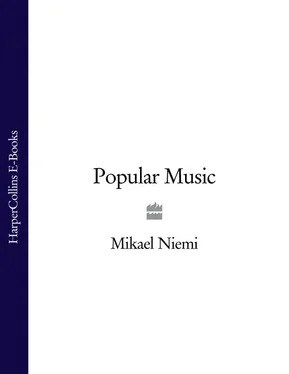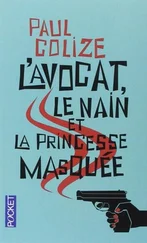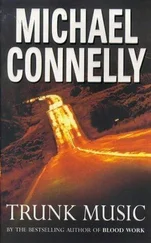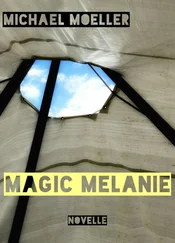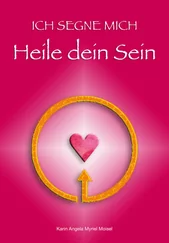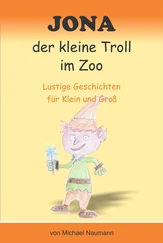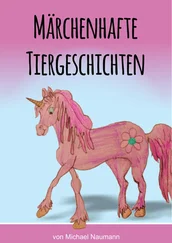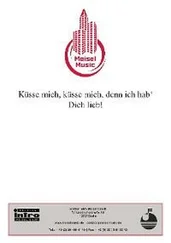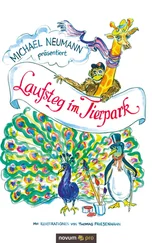There’s only one possibility left. I must wrench myself free.
The very thought makes me feel sick, but I have no choice. Just a little tug first, as a test. I can feel the pain right back to the root of my tongue. One…two…now…
Red. Blood. And pain so extreme I have to beat my head against the iron. It’s not possible. My mouth is stuck just as firmly as before. My whole face would fall apart if I tugged any harder.
A knife. If only I had a knife. I feel for my rucksack with my foot, but it’s several metres away. Fear is churning my stomach, my bladder feels about to burst. I open my zip and get ready to pee on all fours, like a cow.
Then I pause. Feel for the mug that’s hanging from my belt. Fill it full of pee, then pour the contents over my mouth. It trickles over my lips, starts the thawing process, and a few seconds later I’m free.
I’ve pissed myself free.
I stand up. My prayers are over. My tongue and lips are stiff and tender. But I can move them again. At last I can start my story.
— in which Pajala enters the modern age, music comes into being and two little boys set out, travelling light
It was the beginning of the sixties when tarmacked roads came to our part of Pajala. I was five at the time and could hear the noise as they approached. A column of what looked like tanks came crawling past our house, digging and scratching at the potholed dirt road. It was early summer. Men in overalls marched around straddle-legged, spitting out wads of snuff, wielding crowbars and muttering away in Finnish while housewives peered out from behind the curtains. It was incredibly exciting for a little kid. I clung to the fence, peeping out through the rails, and breathed in the diesel fumes oozing out of those armoured monsters. They prodded and poked into the winding village road as if it were an old carcass. A mud road with lots and lots of holes that used to fill with rain, a pock-marked surface that turned butter-soft every spring when the thaw came, and in summer it was salted like a minced meat loaf to prevent dust flying around. The dirt road was old-fashioned. It belonged to a bygone age, the one our parents had been born into but were now determined to put behind them, once and for all.
Our district was known locally in Finnish as Vittu-lajänkkä, which means something like Cuntsmire. It’s not clear how the name originated, but it probably has to do with so many babies being born here. There were five children in some of the houses, sometimes even more, and the name became a sort of crude tribute to female fertility. Vittulajänkkä, or Vittula as it’s sometimes shortened to, was populated by poor villagers who grew up during the hardship years of the thirties. Thanks to hard work and a booming economy they worked their way up the ladder and managed to borrow money to buy a house of their own. Sweden was flourishing, the economy was expanding, and even Tornedalen in the far north was being swept along with the tide. Progress had been so astonishingly fast that people still felt poverty-stricken even though they were now rich. They occasionally worried that it might all be taken away from them again. Housewives trembled behind their home-made curtains whenever they thought about how well-off they were. A whole house for themselves and their offspring! They’d been able to afford new clothes, and the children didn’t need to wear hand-me-downs and patches. They’d even acquired a car. And now the dirt road was about to disappear, and be crowned with oily-black asphalt. Poverty would be clothed in a black leather jacket. What was being laid was the future, as smooth as a shaven cheek. Children would cycle along it on their new bikes, heading for welfare and a degree in engineering.
The bulldozers bellowed and roared. Gravel poured out of the heavy lorries. Enormous steamrollers compressed the hard core with such incomprehensible force that I wanted to stick my five-year-old foot underneath to test them. I threw big stones in front of a steamroller, then ran out to look for them when it had rumbled past, but there was no sign of the stones. They’d disappeared, pure magic. It was uncanny and fascinating. I lay my hand on the flattened-out surface. It felt strangely cold. How could coarse gravel become as smooth as a newly-pressed sheet? I threw out a fork taken from the kitchen drawer, and then my plastic spade, and both of them disappeared without trace. Even today I’m not sure whether they are still concealed there in the hard core, or if they did in fact dissolve in some magical way.
It was around this time that my elder sister bought her first record player. I sneaked into her room when she was away at school. It was on her desk, a piece of technical wizardry in black plastic, a shiny little box with a transparent lid concealing remarkable knobs and buttons. Scattered all round it were curlers, lipstick and aerosol cans. Everything was modern, unnecessary luxuries, a sign of our new riches heralding a future of waste and welfare. A lacquered box contained piles of film stars and cinema tickets. Sis collected them, and had fat bundles from Wilhelmsson’s cinema, each one with the name of the film, the leading actors and marks out of ten written on the back.
She’d placed the only single she owned on a plastic contraption looking like a plate rack. I’d been made to cross my heart and promise never even to breathe on it. Now, my fingers tingling, I picked it up and stroked the shiny cover depicting a handsome young man playing a guitar. He had a dark lock of hair dangling down over his forehead, and was smiling straight at me. Ever so painstakingly I slid out the black vinyl. I carefully lifted the lid of the record player. Tried to remember how sis had done it, and lowered the record onto the turntable. Fitted the hole of the EP over the central pin. And so full of expectation that I’d broken out into a sweat, I switched on.
The turntable gave a little jerk, then started spinning. The tension was unbearable, I repressed the urge to run away. With my awkward, stumpy boy’s fingers I took hold of the snake, the rigid black pick-up arm with its poisonous fang, as big as a toothpick. Then I lowered it onto the spinning plastic.
There was a crackling, like pork frying. I just knew something had broken. I’d ruined the record, it would be impossible to play it ever again.
BAM-BAM…BAM-BAM…
No, here it came! Brash chords! And then Elvis’s frantic voice.
I was petrified. Forgot to swallow, didn’t notice I was slavering. I felt dizzy, my head was spinning, I forgot to breathe.
This was the future. This was what it sounded like. Music like the bellowing of the road-building machines, a never-ending clatter, a commotion that roared away towards the crimson sunrise on the far horizon.
I leaned forward and looked out of the window. Smoke was rising from a tipper lorry, they were starting the final surfacing. But what the lorry was spewing forth was not black, shiny-leather asphalt. It was oil-bound gravel. Grey, lumpy, ugly, bloody oil-bound gravel.
That was the surface on which we inhabitants of Pajala would be cycling into the future.
When all the machines had finally gone away I started going for cautious little walks round about the neighbourhood. The world grew with every step I took. The newly surfaced road led to other newly surfaced roads, the gardens stretched away like leafy parks with giant dogs standing guard, barking at me and rattling their running chains. The further I walked, the more there was to see. The world never seemed to end, it just went on and on, and I felt so dizzy I was almost sick when it dawned on me that you could go on walking for ever. In the end I picked up courage and went over to Dad, who was busy washing our new Volvo PV:
Читать дальше
